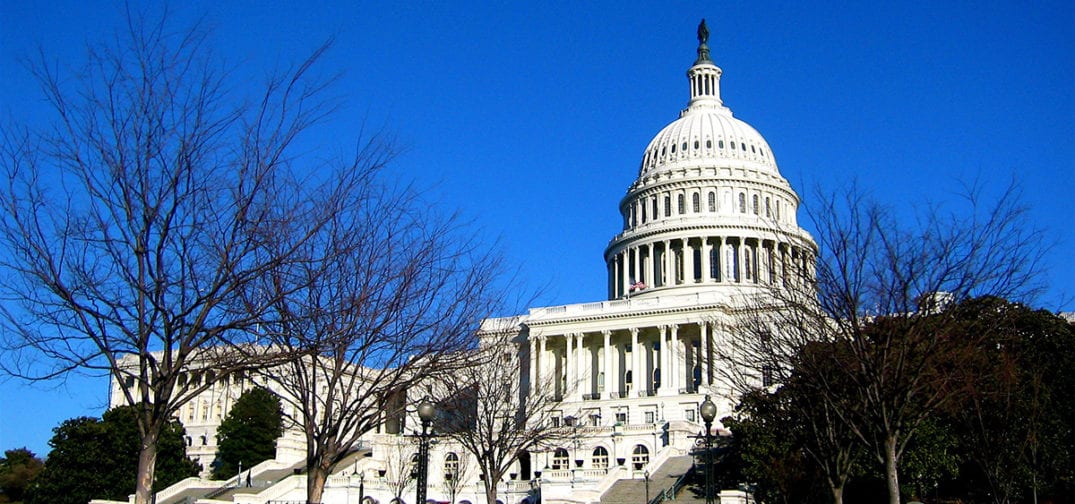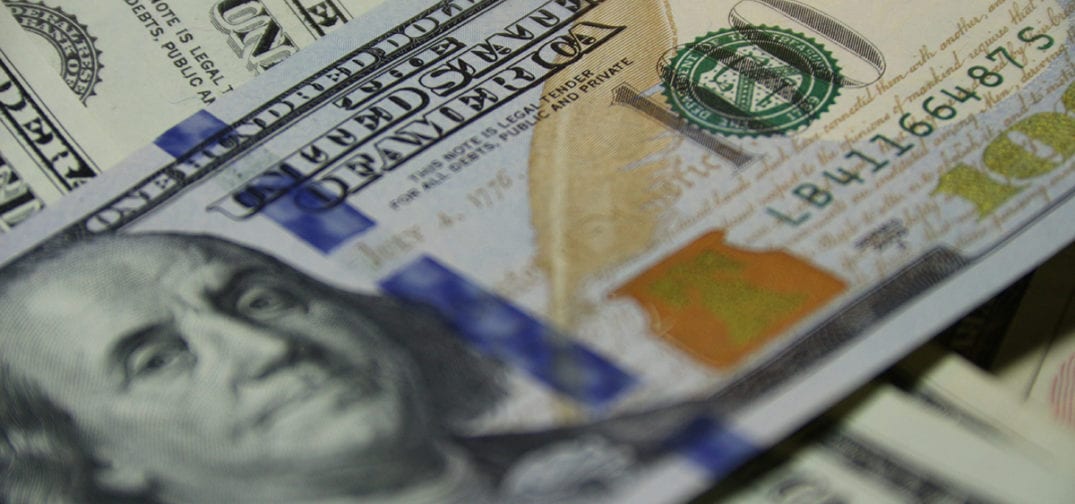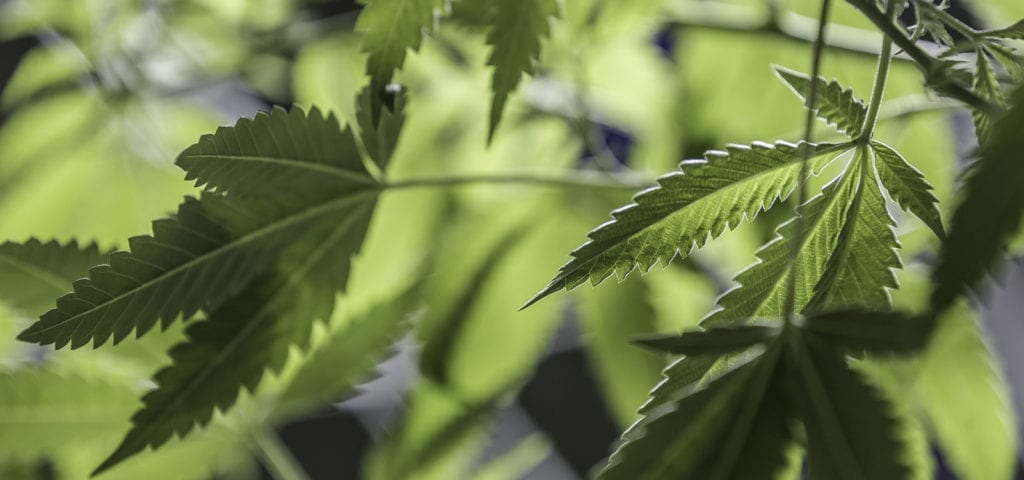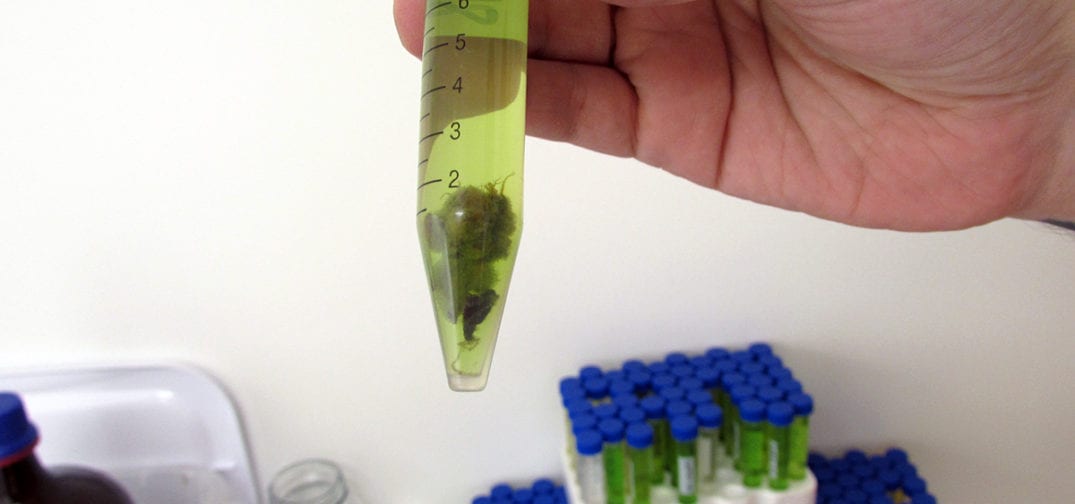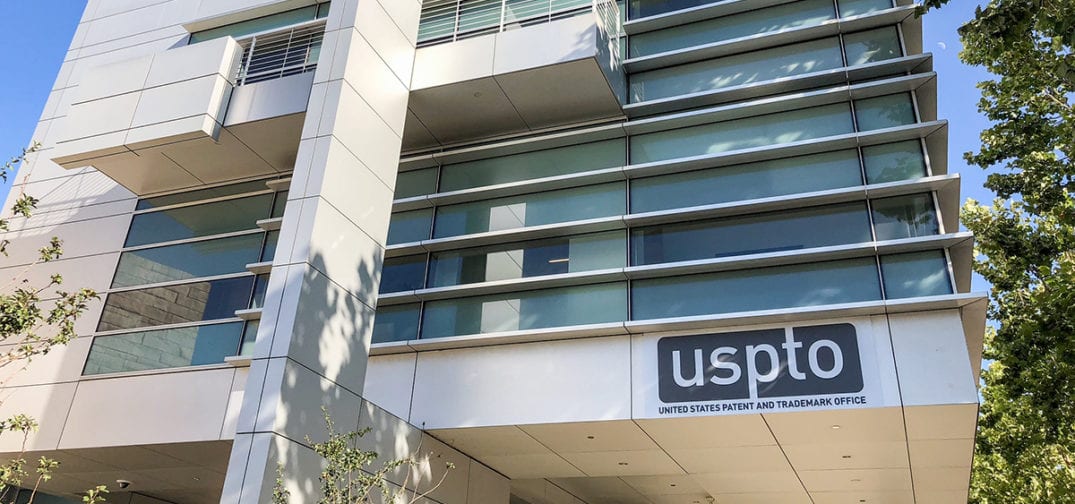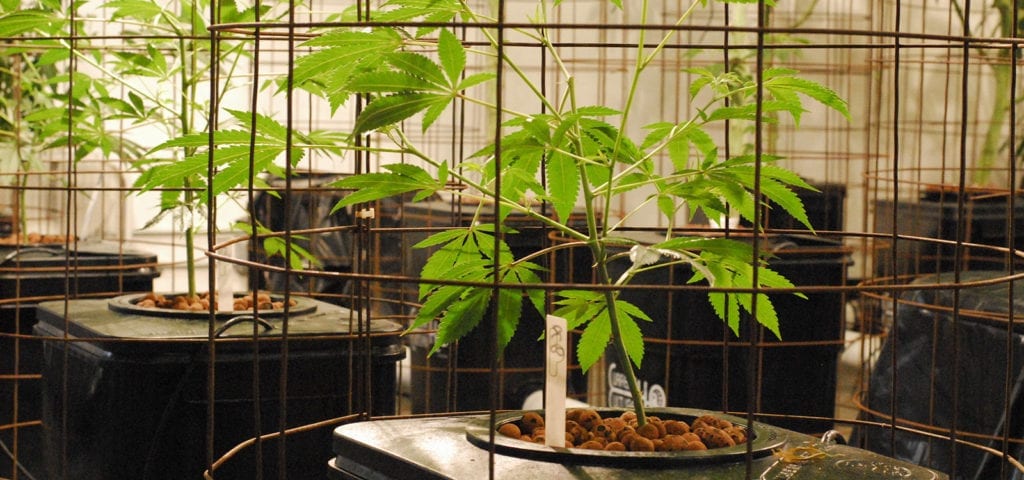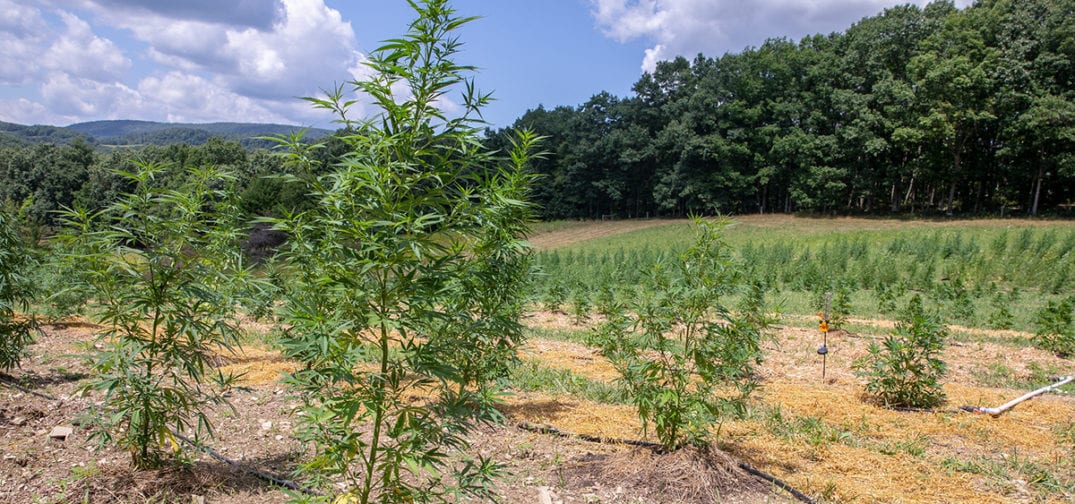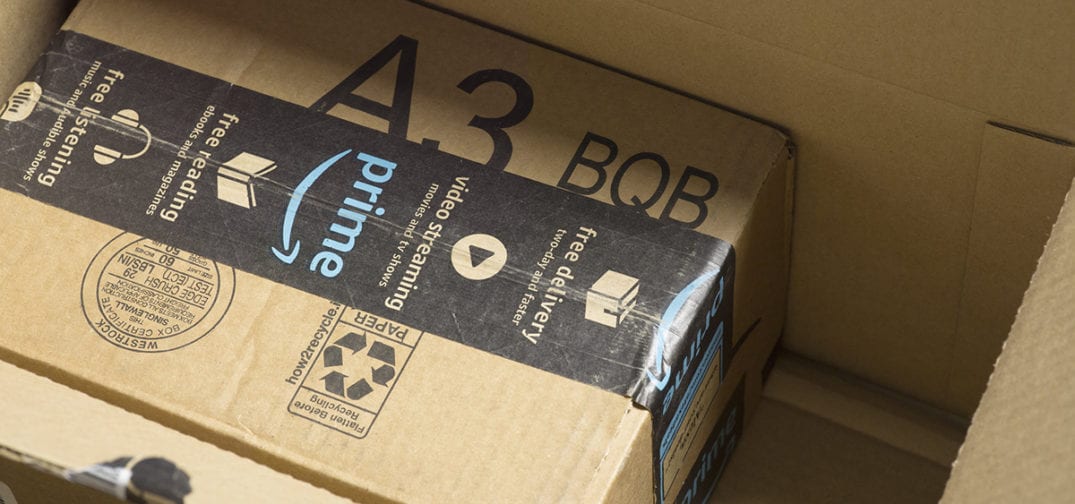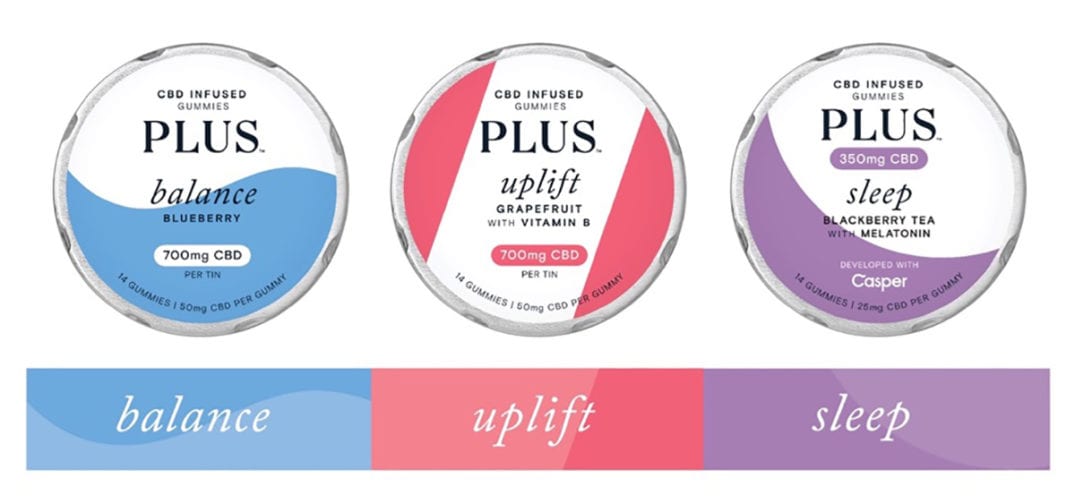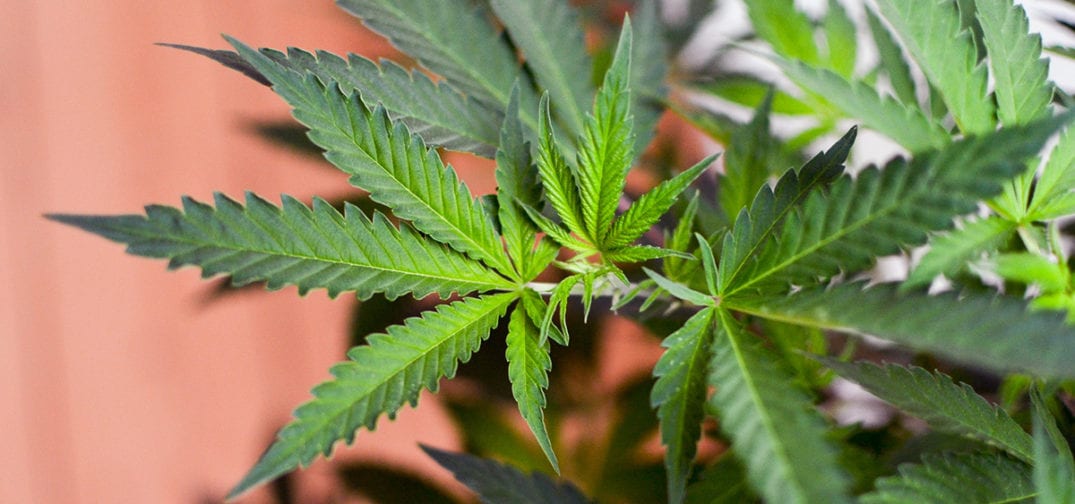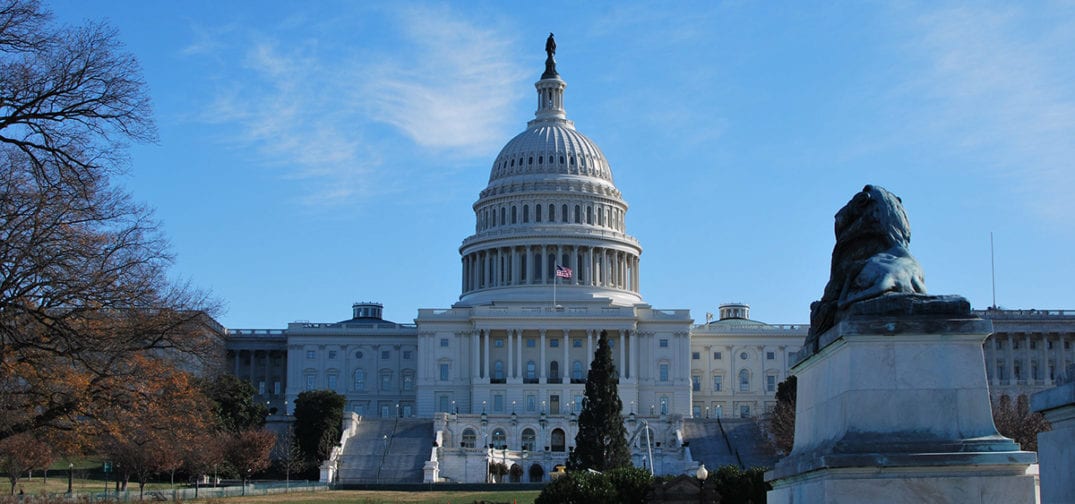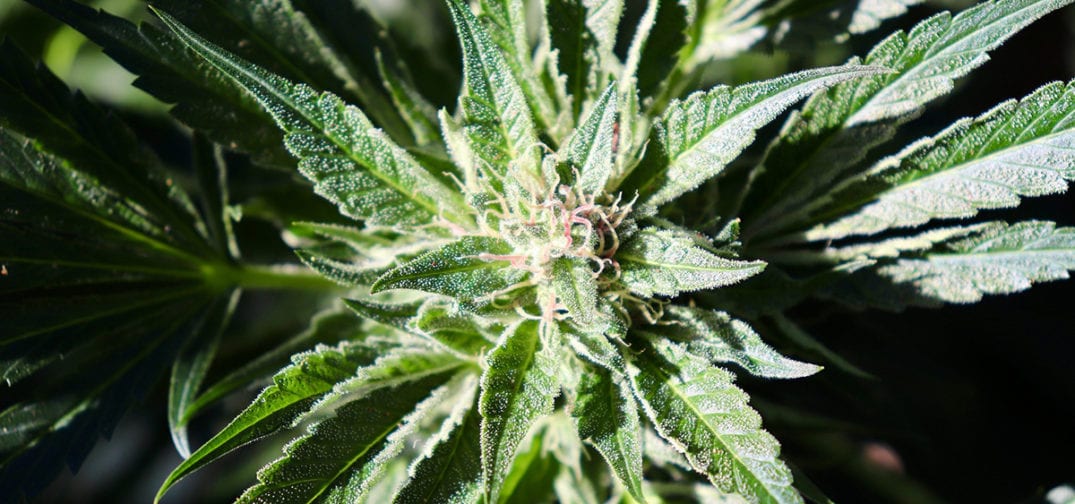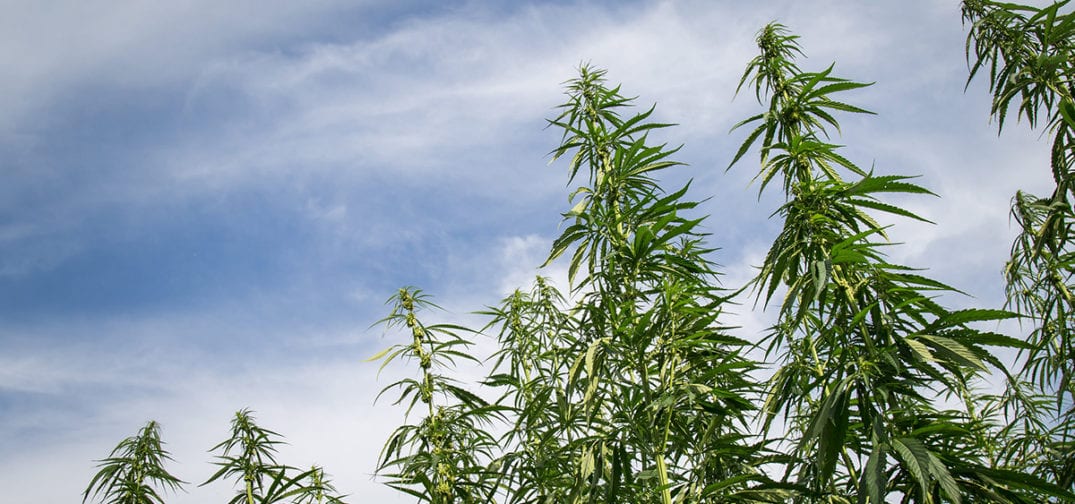San Mateo, CA – September 17, 2019 – Plus Products Inc. (CSE: PLUS) (OTCQX: PLPRF) (the “Company” or “PLUS”), the company behind the #1 & #2 best-selling THC edibles in California1, today announced the nationwide launch of its first-ever 100% hemp CBD product line.
John Legend Partnership
The launch is being supported by a newly established brand partnership between PLUS and American superstar and philanthropist John Legend, who will advocate on behalf of the Company’s new nationwide hemp CBD product offering.
“I have been a believer in the benefits of CBD for some time,” stated Legend. “I was drawn to the PLUS team because they’re an innovative, family-run company, and they use science to deliver a consistent, high-quality product. I appreciate that they’re committed to setting a high standard within an industry that has to date been fairly unregulated.”
Casper Partnership
PLUS is also partnering with global sleep company Casper Sleep Inc. (“Casper”) to introduce its melatonin- and CBD-infused SLEEP product. Casper is the award-winning sleep company on a mission to bring better sleep to more people around the world.
“We’re always exploring new ways to improve sleep across the entire sleep arc — from sunset to sunrise,” said Neil Parikh, co-founder and chief strategy officer at Casper. “Like PLUS, we believe sleep is a key part of the wellness equation. Partnering with their team of experts to introduce CBD sleep gummies brings a new way to relax and rest to those who need it.”
Product Offering & New Nationwide E-Commerce Platform
The new CBD line will include three distinct products, developed by PLUS’s team of scientists, entrepreneurs and chefs: BALANCE in Blueberry flavor, UPLIFT in Grapefruit flavor, and SLEEP in Blackberry Tea flavor. All three products are available for purchase through the Company’s newly launched e-commerce platform at www.plusproducts.com.
“We established our reputation in edibles by offering customers a consistent and precisely-dosed gummy using high-quality extracts,” stated Jake Heimark, CEO and co-founder of PLUS. “Our CBD line will build off that expertise, and the earned trust we’ve established, while offering a new experience for consumers designed to help them find their just right.”
“Giving the world a simple way to achieve balance has always been our mission, and the PLUS CBD line allows us to expand from California to nearly all fifty states overnight. We are thrilled that John Legend and Casper have partnered with our team to support this exciting new initiative.”
(1) Over the last twelve months by dollars of retail sales according to BDS Analytics GreenEdgetm Platform.
Availability
PLUS 100% Hemp CBD infused Edibles with no THC are available for purchase at plusproducts.com
About PLUS
PLUS Products is a California-based edibles company focused on using nature to bring balance to consumers’ lives. PLUS is headquartered in San Mateo, CA with 80 employees.
The CSE does not accept responsibility for the adequacy or accuracy of this release.
For further information contact:
Jake Heimark
CEO & Co-founder
ir@plusproducts.com
Investors:
Blake Brennan
Head of Investor Relations
Tel +1 213.282.6987
ir@plusproducts.com
Media:
Bill Harrison
Third Street Media Group
Tel +1 323.651.3200 or 1 213.712.8811
bill@thirdstreetmediagroup.com
Forward-Looking Statements:
This press release includes statements containing certain “forward-looking information” within the meaning of applicable securities law (each, a “forward-looking statement”). Forward-looking statements are frequently characterized by words such as “plan”, “continue”, “expect”, “project”, “intend”, “believe”, “anticipate”, “estimate”, “may”, “will”, “potential”, “proposed” and other similar words, or statements that certain events or conditions “may” or “will” occur.
These forward-looking statements are only predictions. Various assumptions were used in drawing the conclusions or making the projections contained in the forward-looking statements throughout this press release. Forward-looking statements are based on the opinions and estimates of management at the date the statements are made and are subject to a variety of risks and uncertainties and other factors that could cause actual events or results to differ materially from those projected in the forward-looking statements. These risks include, but are not limited to, the success of the Company’s investments, the ability to retain key personnel, the ability to continue investing in infrastructure to support growth, the ability to obtain financing on acceptable terms, the continued quality of the Company’s products, customer experience and retention, the continued development of adult-use sales channels, managements estimation of consumer demand in in jurisdictions where the Company exports, expectations of future results and expenses, the availability of additional capital to complete capital projects and facilities improvements, the ability to expand and maintain distribution capabilities, the impact of competition, the ability of the Company to implement initiatives and the possibility for changes in laws, rules, and regulations in the industry. The Company is under no obligation, and expressly disclaims any intention or obligation, to update or revise any forward-looking statements, whether as a result of new information, future events or otherwise, except as expressly required by applicable law.
